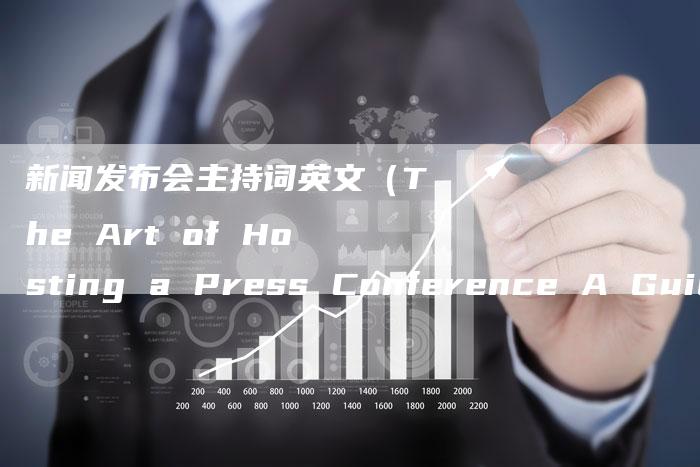
What is the purpose of a press conference?
A press conference serves as a platform for organizations to communicate important news, updates, or announcements to the media and the public. It allows for direct interaction between the company representatives and journalists, enabling them to ask questions and gather information firsthand.
How to plan a successful press conference?
Planning is crucial for a successful press conference. Here are some key steps to consider:
1. Define your objectives: Clearly identify the purpose of the press conference and what you aim to achieve through it. Is it to launch a new product, address a crisis, or share exciting updates?
2. Choose the right venue: Select a venue that aligns with the nature of your announcement and can accommodate the expected number of attendees and media representatives. Ensure it has the necessary facilities for audiovisual presentations.
3. Prepare a compelling press release: Craft a well-written press release that highlights the key points of your announcement. Make it concise, informative, and engaging to capture the attention of journalists.
4. Invite the media: Create a targeted media list and send out personalized invitations well in advance. Follow up with reminders closer to the event to ensure maximum attendance.
5. Rehearse and anticipate questions: Conduct rehearsals with your spokesperson to ensure they are well-prepared and confident. Anticipate potential questions and prepare appropriate responses to maintain control during the conference.
What are the essential elements of a press conference?
To make your press conference impactful, consider the following elements:
1. Opening statement: Begin with a strong opening statement that grabs attention and clearly communicates the purpose of the conference. This sets the tone for the entire event.
2. Visual aids: Utilize visual aids such as slides, videos, or product demonstrations to enhance understanding and engagement. Visuals can leave a lasting impression on the attendees.
3. Q&A session: Allocate sufficient time for journalists to ask questions. Encourage open dialogue and provide thoughtful answers to address any concerns or doubts.
4. Networking opportunities: Arrange for networking opportunities after the conference, allowing journalists to interact with company representatives and gather additional information.
How to ensure post-conference success?
The success of a press conference extends beyond the event itself. Here are some tips to maximize its impact:
1. Follow-up communication: Send a follow-up email to attendees, thanking them for their participation and providing any additional information or resources they may need.
2. Monitor media coverage: Keep track of media coverage following the press conference. Engage with journalists and address any inaccuracies or misconceptions promptly.
3. Analyze and evaluate: Assess the success of the press conference by analyzing media coverage, attendee feedback, and the achievement of your objectives. Learn from the experience to improve future events.
Hosting a press conference requires careful planning, effective communication, and the ability to engage with the media. By following these guidelines, marketing experts can ensure their press conferences are impactful, memorable, and achieve the desired outcomes.
 直编软文营销网
直编软文营销网



